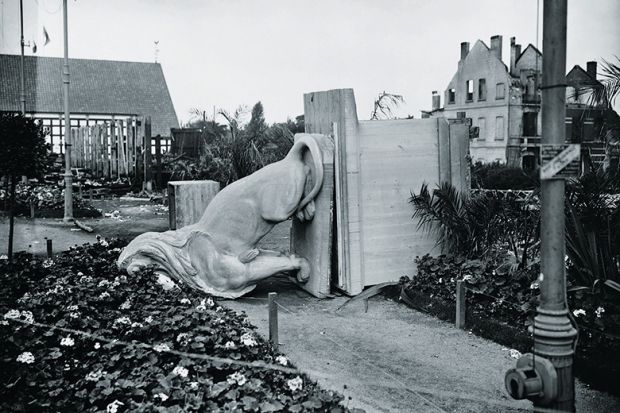The wait is nearly over: the results of England's teaching excellence framework (TEF) are set to be published on 14 June.
Several leading universities are bracing themselves for bad news: around one-fifth of institutions are expected to receive the lowest “bronze” rating in the state-backed league table for teaching quality, with the University of Bristol, London School of Economics and King’s College London thought to be among the Russell Group members at risk of falling into this category.
A “mock TEF” exercise, conducted by Times Higher Education in June 2016 and based upon metrics around graduate employment, student satisfaction and retention, similar to those considered by the TEF assessment panels, predicted that small campus universities and post-92s would be among the strongest performers.
However, in addition to metrics, universities will be judged on the 15-page narratives which they supplied earlier this year to the Higher Education Funding Council for England. These will allow for an institution’s classification to be upgraded based upon the arguments put forward, although any such shifts may come under some scrutiny if those with low metrics scores are propelled into a more respectable category based on special pleading.
“They have left themselves some room so that a candidate that looks bronze on paper can be bumped up to a silver,” explained Nick Hillman, director of the Higher Education Policy Institute, who said it was possible that there will not be a single “gold” university “in the whole of London”.
The key question is whether the TEF influences student choice via the creation of a new elite of institutions based on teaching quality. On this, Mr Hillman is unconvinced.
“If the LSE does not do amazingly well, it is still the LSE – one of the premier places in the world to study social sciences,” he said. “Its name and reputation for research excellence will trump any negative press it gets from the TEF,” he added, although he cautioned that the “middle tier” of Russell Group universities might have a harder time explaining away a bronze.
John Latham, vice-chancellor of Coventry University, who said he would be “disappointed if we didn’t get gold”, believes that the TEF will be a powerful tool for attracting students who are currently required to “drill down” into numerous league tables to make a decision on teaching quality.
“The TEF simplifies other measures that already exist – students want something that is more simplified,” said Professor Latham.
Don’t expect “gold” universities to be shy about advertising their new status either, he added, despite some acknowledging widespread reservations about the TEF’s methodology.
“As a brand it will be important and those who get gold will put it front and centre – why wouldn’t they?” Professor Latham said.
Paul Hayes, pro vice-chancellor (education and student experience) at the University of Portsmouth, which is also expecting gold, said the TEF results would “bring a new dimension” to university rankings and help institutions to tell positive stories about their teaching to a wider audience.
“It will help us to communicate some of the great things that we already know about ourselves – that we are extremely good at teaching – as we will have a measure that backs us up,” said Professor Hayes.
Register to continue
Why register?
- Registration is free and only takes a moment
- Once registered, you can read 3 articles a month
- Sign up for our newsletter
Subscribe
Or subscribe for unlimited access to:
- Unlimited access to news, views, insights & reviews
- Digital editions
- Digital access to THE’s university and college rankings analysis
Already registered or a current subscriber? Login










